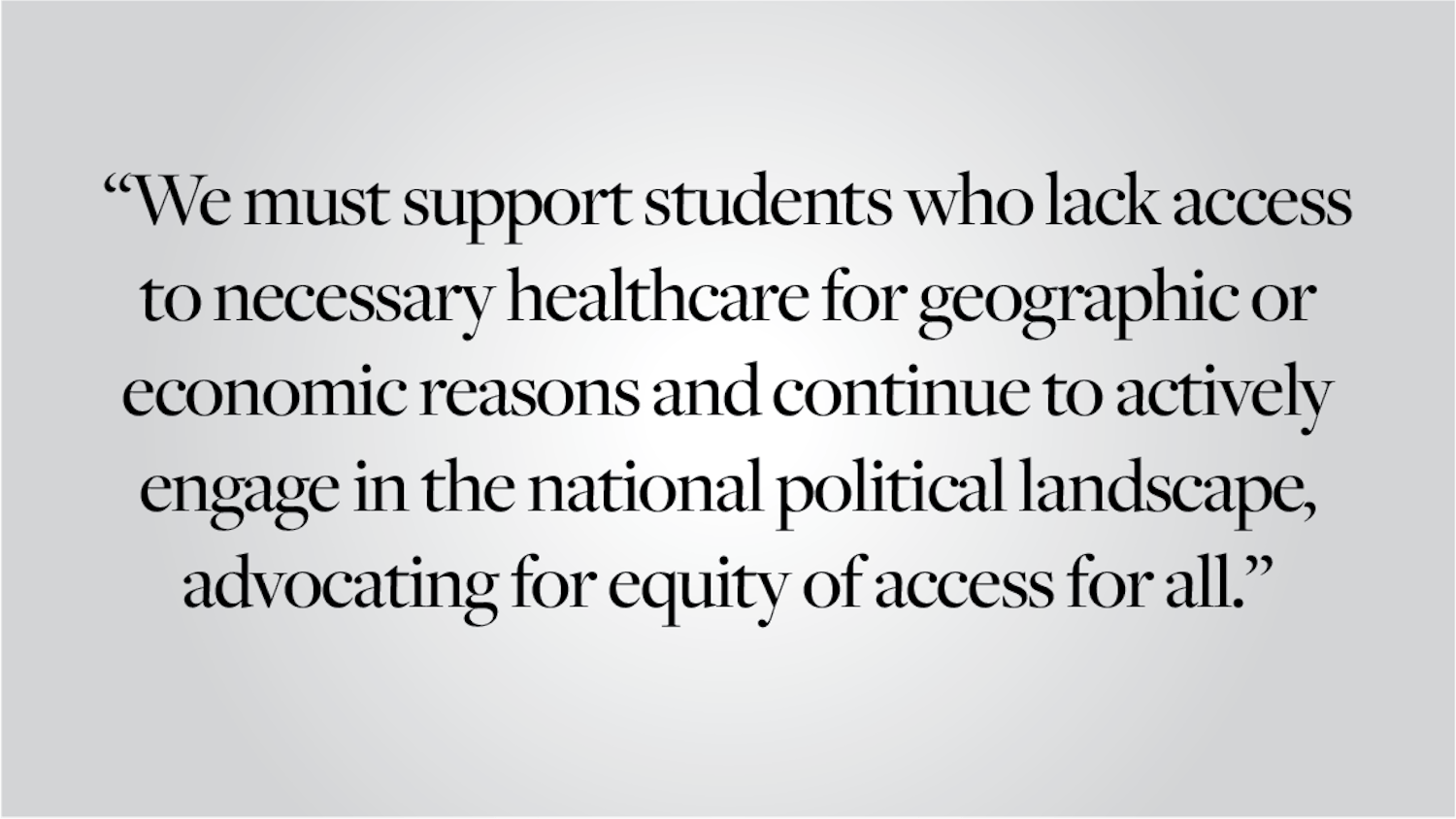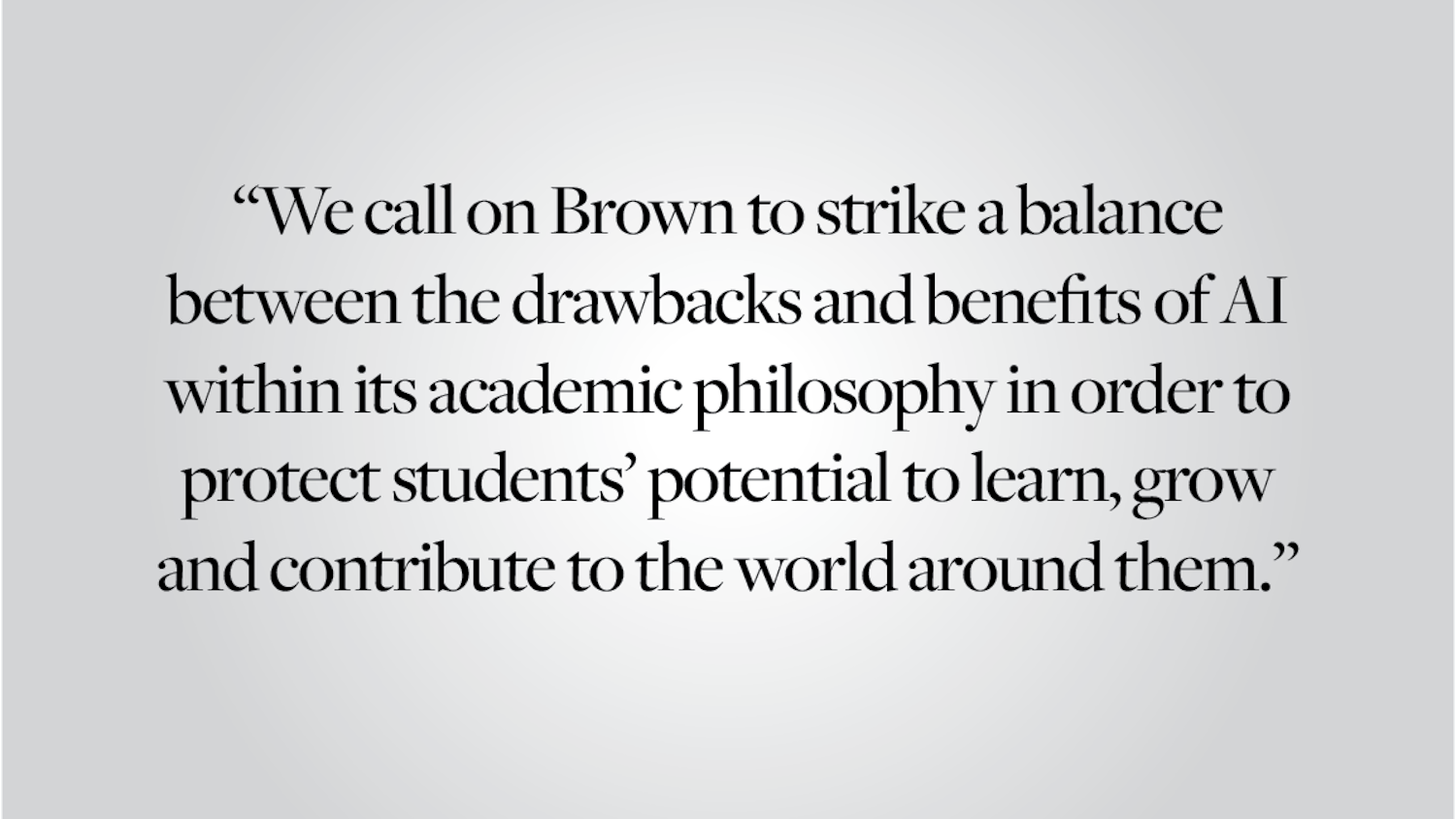On July 8, Emma Watson ’14 was named a United Nations Women Goodwill Ambassador. While the first few months of her involvement with the program were tumultuous at best — she crashed the U.N. website and used Twitter to publicly denounce a sexist politician in Turkey — her recent speech at U. N. headquarters delivered a crucial message about international women’s rights. Shared more than five million times, Watson’s speech went viral. Despite what many critics have claimed, this reaction stems from more than just her cultish fame and star appeal.
In her Sept. 20 speech, Watson officially launched the “He for She” campaign, the purpose of which is to create “a solidarity movement for gender equality that brings together one half of humanity in support of the other half of humanity.” More bluntly, Watson said, “Women’s rights has too often become synonymous with man-hating.” Feminism has become an “unpopular” word that is stigmatized and associated with anger and aggression.
Undoubtedly, Watson’s speech makes harmful assumptions and overlooks many key factors of gender discrimination. For example, Watson’s premise that men simply need to be “invited” to care about feminism completely ignores the reality that many men may in fact be reluctant to join the movement, because they benefit from gender discrimination in an economic, political and social manner. Additionally, Watson’s assertion that men can also be discriminated against, while undeniably true, seems to necessitate using men’s suffering as a justification for addressing sexism. This insinuates that the women’s cause does not merit a universal movement on its own.
While Watson’s claims are easily deconstructed or dismissed by those who have studied the nuances of feminism, they are nonetheless an important departure from past U.N. Women campaigns. She serves as a much-needed critical voice against the gender discrimination that still pervades today’s world. Watson’s public denouncement of the stigma and stereotypes surrounding feminism signals a significant deviation from past U.N. Women’s Rights campaigns that have largely focused on the implementation of small-scale projects to aid women without any analysis of the need for feminism — an analysis that Watson, at the very least, attempts to bring to the forefront of global discussion.
Despite the obvious flaws in Watson’s argument, the sexual threats she received after her speech only further demonstrate the importance of her words. Watson is only one among many women who have been threatened by sexual terror over the last few years. Feminist writers, female journalists and other women acting in public spaces around the world face constant pressure to either alter their public behavior or face the threat of sexual violence. These incidents, and the larger pervasiveness of violence against women, show why we must listen to Watson, even though we may critize the nuances of her argument. Though Watson may still be refining her feminist arguments, if her “He for She” campaign is successful, it will do tremendous good for the global coalition fighting for women’s rights.
Editorials are written by The Herald’s editorial page board: Natasha Bluth ’15, Alexander Kaplan ’15, Katherine Pollock ’16 and James Rattner ’15. Send comments to editorials@browndailyherald.com.
ADVERTISEMENT




